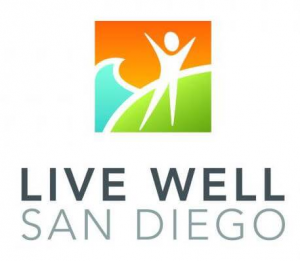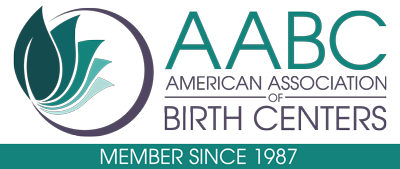 August is National Breastfeeding Month! It’s the 13th annual observance and this year’s theme is “This is Our Why,” recognizing the importance of supporting breastfeeding parents and babies.
August is National Breastfeeding Month! It’s the 13th annual observance and this year’s theme is “This is Our Why,” recognizing the importance of supporting breastfeeding parents and babies.
At Best Start, 96% of our babies are exclusively breastfed at discharge. Nationwide, the CDC states 83.2% of infants received at least some breast milk ever, with the numbers dwindling as babies reach 6 months old. By 6 months, 24.9% of infants are breastfed exclusively and 55.8% are breastfed at all. Breastfeeding rates in general are not equal across the board and disparities exist in both race and age of mothers. For a variety of reasons, 60% of all mothers do not breastfeed for as long as they intend to.
Breastfeeding offers numerous health benefits to both mom and baby so increasing breastfeeding rates is a priority of prominent health organizations. Breastfeeding can lower the risk of disease for mom and baby. Breastfeeding can lower cancer risks for mom and reduce childhood illnesses for baby, too. Breastmilk contains all the nutrients a baby needs for the first 6 months and breastfeeding can serve as a significant bonding experience with baby, too. Recent AAP guidelines recommend breastfeeding until at least 2 years old (in addition to other complementary foods at 6 months), but any period of breastfeeding offers significant health benefits. This is an increase from the previous one year recommendation.
Whether you breastfeed for a few weeks (and give baby the amazing benefits of colostrum!), a few months, or a few years, any period of breastfeeding is great. Breastfeeding doesn’t need to be all or nothing, either. Combination feeding (feeding your baby breast milk and formula) still offers the benefits of breast milk. Deciding to breastfeed at all is a deeply personal choice and every family’s situation is unique.
In the early days, your body produces colostrum, or “liquid gold” as many people call it. This is the first milk your baby receives. The yellow tinged milk is full of antibodies and helps grow your baby’s immune system from the start. Breastfeeding in general is incredibly supportive of a healthy immune system because antibodies pass through milk.
Worldwide, the natural age of weaning is somewhere between 2-4 years old. The benefits of breast milk don’t disappear the day your baby turns one. The antibodies, nutrition, and comfort that breast milk offers benefits older babies and toddlers, too.
According to the March of Dimes, breastfeeding is a skill that takes practice, although it’s a natural process. Key predictors of breastfeeding success include having appropriate expectations of what breastfeeding is like and having access to support and information along your journey.
Lactation consultants are the professional experts when it comes to breastfeeding and can provide a wealth of knowledge and support throughout your breastfeeding journey. Lactation consultants can help you navigate problems with latching, feeding, pumping, and weaning. They’re qualified to help you in all aspects of your breastfeeding journey. The best part? Many consultants accept insurance and are covered by your plan. Insurance plans also cover breast pumps so you can store milk and continue breastfeeding even when you need to be apart from baby.
Best Start collaborates with lactation consultants in the community and can offer you recommendations of professionals in our area. Best Start also has a lactation support group, an environment where you can get both peer support and professional advice from a local lactation consultant.





